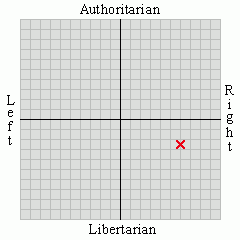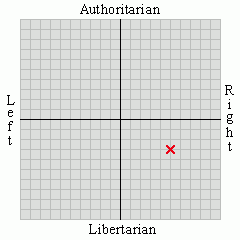China has decided to increase its China-Africa Development Fund by $2 billion. This state-controlled equity fund has so far invested in 20 projects across Africa since it was established in June 2007. The current global recession, which has caused many Western investors to withdraw their investments from Africa, will provide further encouragement for Chinese businesses to operate on the continent. The official purpose of the fund, according to a speech made by Chinese president Hu Jintao in 2006, was to deepen Chinese aid to Africa through an extensive package of assistance, trade, investment and construction projects. However, it has become increasingly evident that the true reasons behind this extensive investment commitment are, firstly, to secure China’s access to the natural resources it requires to keep its economic expansion progressing, and secondly, to gain support from African states at the United Nations.
The Chinese National Offshore Oil Corporation intended to boost output from 40.3 million tonnes in 2006 to 78 million tonnes in 2007. In order to achieve such a growth rate China has had to continually assist its oil companies to invest in regions where Western firms are extremely reluctant to do so, due to their uncertain political and legal environments and precarious stability. As such, China will fund infrastructure projects in countries subject to Western sanctions, such as Sudan, or where security issues deter Western firms from increasing levels of investment, such as Nigeria. An example of such a strategy can be seen in China’s willingness to enter Somalia's oil industry. Evidently therefore, China would rather secure control of natural resources at their source rather than purchase them on the global markets. This readiness to deal with regions that are considered out of bounds by Western competitors may be explained by the lack of political influence and technical expertise of Chinese oil firms.
Whilst initial Chinese activity in Africa was well received, particularly due to the absence of any colonial history between China and the recipients of its investments, China’s practices have caused growing concern across the continent, as its actions are often seen as supporting and prolonging the lives of corrupt or dictatorial regimes. Beijing has attempted to dispel this perception by investing in infrastructure projects in areas where resentment is strongest and by granting local businesses greater access to China's markets in selected industries. Beijing has provided the Angolan government with a total of $2 billion in loans in exchange for continuous oil supplies. This investment has undoubtedly allowed Angola to avoid implementing reforms demanded by Western governments and investors, yet the country has seen its prosperity greatly increase from its large-scale oil production. Angola’s ruling party has also signed an agreement with China which contains a proviso that 70% of all construction projects will be awarded to Chinese companies. Moreover, Angola has since become China’s primary source of oil. Whilst some of this money has been able to fund improvements in infrastructure and healthcare, the endemic corruption has prevented the optimal amount of funds from reaching these projects. Furthermore, China has been criticised for its relationship with Sudan, whose government has been condemned by the international community for the humanitarian crisis in Darfur. Sudan has gradually become the number one recipient of Chinese investments due to its vast oil reserves. However, it cannot be denied that Sudanese workers are acquiring new skills through the availability of Chinese funded work, and that throughout the continent the Chinese are building factories which will allow many other countries to benefit in much the same way.
Zhang Junsai, Chinese ambassador to Australia, has said that Chinese companies investing in Australia and elsewhere are merely seeking long-term, sound and reliable supplies of energy, rather than absolute control of a foreign country’s natural resources. The Chinese government is unlikely to demand compliance with internationally recognised human rights standards, as it often disregards these norms internally. Perhaps with increased prosperity, work opportunities and improved infrastructure, African countries can be stabilised and encouraged to effectuate the necessary institutional reforms by their own people, without the ineffective and often-ignored calls of the international community.
Monday, 13 April 2009
Chinese Investment in Africa
Labels:
Africa,
Aid,
Angola,
China,
Development,
Hu Jintao,
Investment,
Nigeria,
Oil,
Somalia,
Sudan,
Zhang Junsai
Subscribe to:
Post Comments (Atom)



China is one of those determined countries that keeps on investing in Africa. The country is considering Africa as one of their vital elements to obtain development and sustainability. The region of the black people is an important part of China's global strategy because of Africa's geopolitical importance, its large market, and the abundance of natural resources.
ReplyDelete